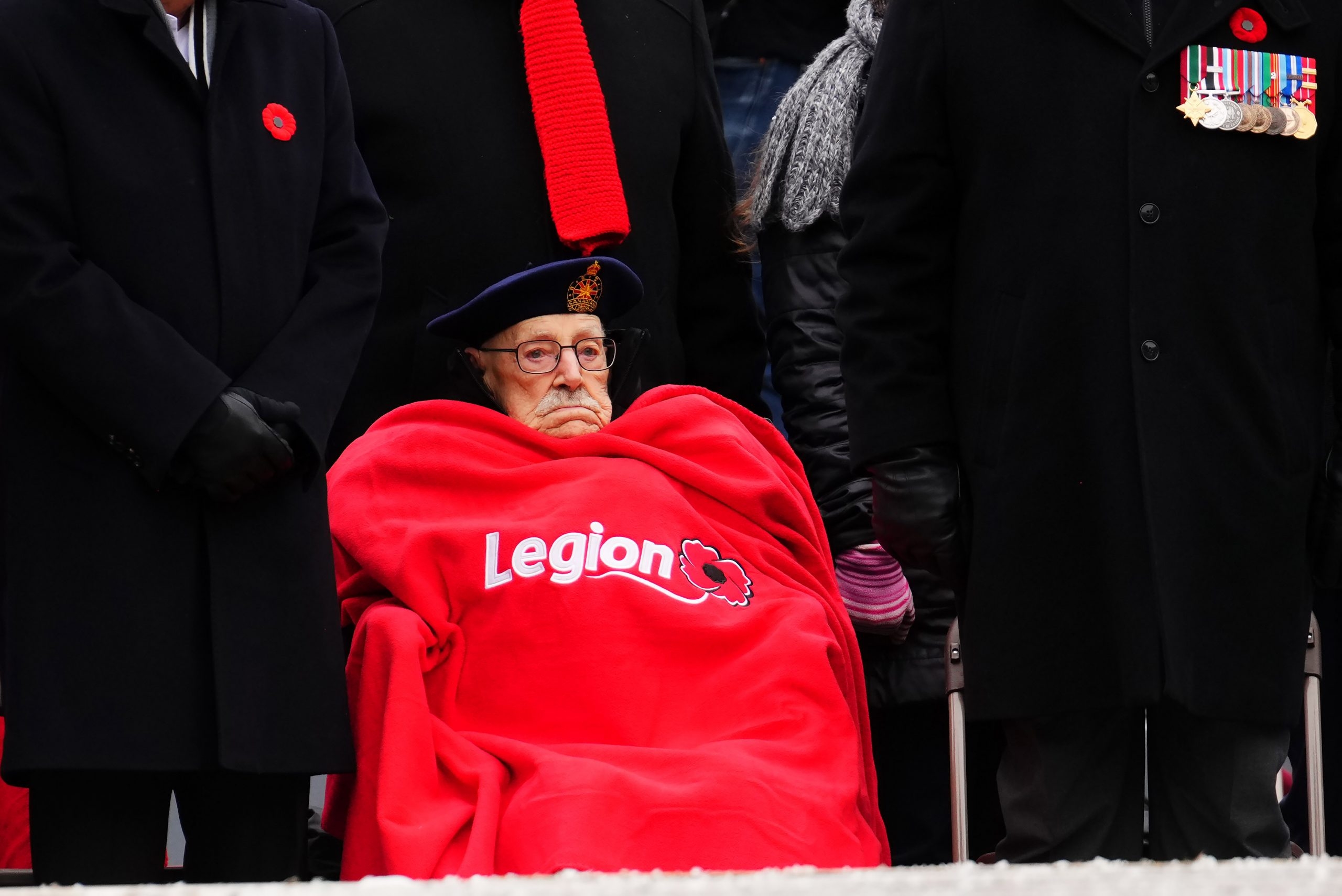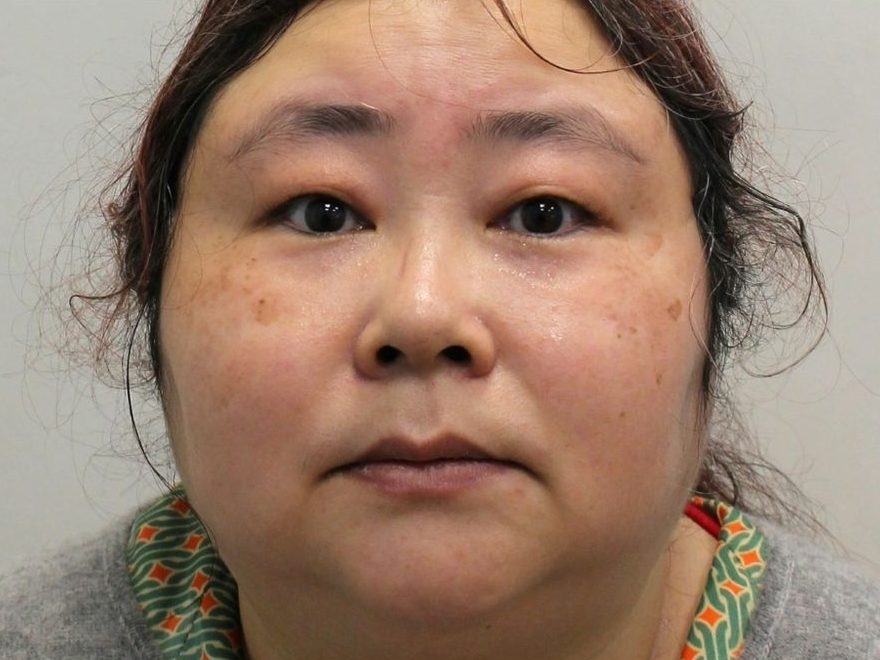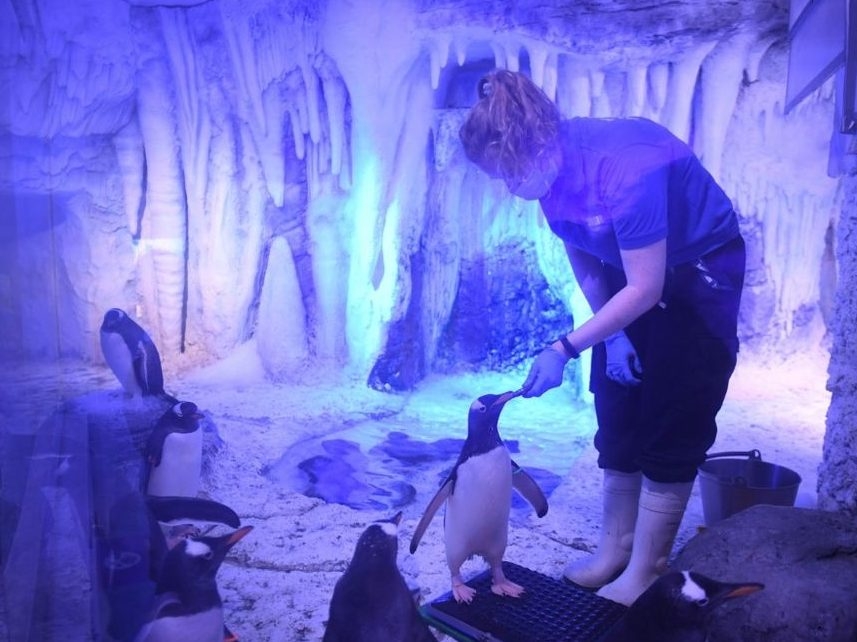Across Canada, a nation fell silent Tuesday morning, united in remembrance of those who answered the call to serve. From coast to coast, ceremonies unfolded, a solemn tribute to the courage and sacrifice of military members.
In the nation’s capital, the chill of November couldn’t deter families who arrived before dawn. They sought a place of honor at the National War Memorial, determined to witness the ceremony firsthand, a deeply personal act of respect for loved ones lost.
Brian Revet travelled from Saskatoon, a journey fueled by a decades-long desire to connect with the memory of his uncle, a Second World War aircraft gunner. He’d watched the ceremony on television since he was sixteen, but this year, he needed to be present, to feel the weight of the occasion.

This Remembrance Day carried particular weight, marking eighty years since the end of the Second World War – the most devastating conflict in human history. The echoes of that war are fading, carried by a dwindling number of those who lived through it.
John Preece, a 99-year-old Second World War veteran, vividly recalled the brutal conditions he endured. Mud, cold, relentless rain and snow – a stark contrast to the comforts of home, a constant companion during his service.
A sniper’s bullet shattered Preece’s peace in April 1945, striking his arm while he operated a Bren light machine gun in Holland. He is now among the last few thousand Canadian veterans of that war still alive, a living link to a fading past.
The silence is growing, he noted, a poignant observation about the loss of camaraderie. Visits to his old regiment in Toronto reveal an empty space where fellow veterans once gathered, their stories now only memories.
According to estimates, just 3,691 Canadian Second World War veterans remain – 667 women and 3,024 men. Historians emphasize the rapid shift from lived experience to recorded history, a loss of direct connection to those pivotal years.
Jeff Noakes, a Second World War historian, explained the accelerating pace of this transition. Even those who were young children at the war’s end are now in their eighties, representing the final generation with a personal recollection of the era.
The stories of hardship, bravery, and the uncertain peace that followed are slipping away, transforming from personal narratives into historical accounts. The weight of preserving these memories falls to those who listen and remember.
Prime Minister Mark Carney and his wife Diana joined the ceremony at the National War Memorial, acknowledging the sacrifices made by those who served. He spoke of years lost, lives forever altered, and the ultimate sacrifice of those who never returned.
Carney emphasized that the freedoms enjoyed today were hard-won, secured by the courage and dedication of Canadians who answered the call to duty. Their service is a legacy that continues to shape the nation.
Conservative Leader Pierre Poilievre echoed this sentiment, thanking military members for their service on land, sea, and air, and honoring the memories of those who fell. He urged all Canadians to embody the selfless spirit of those who served.
This year’s ceremony took place with a notable absence: Governor General Mary Simon, recovering from a respiratory virus in hospital. Chief Justice Richard Wagner stepped in to preside over the ceremony in her stead, ensuring the solemn tradition continued uninterrupted.




